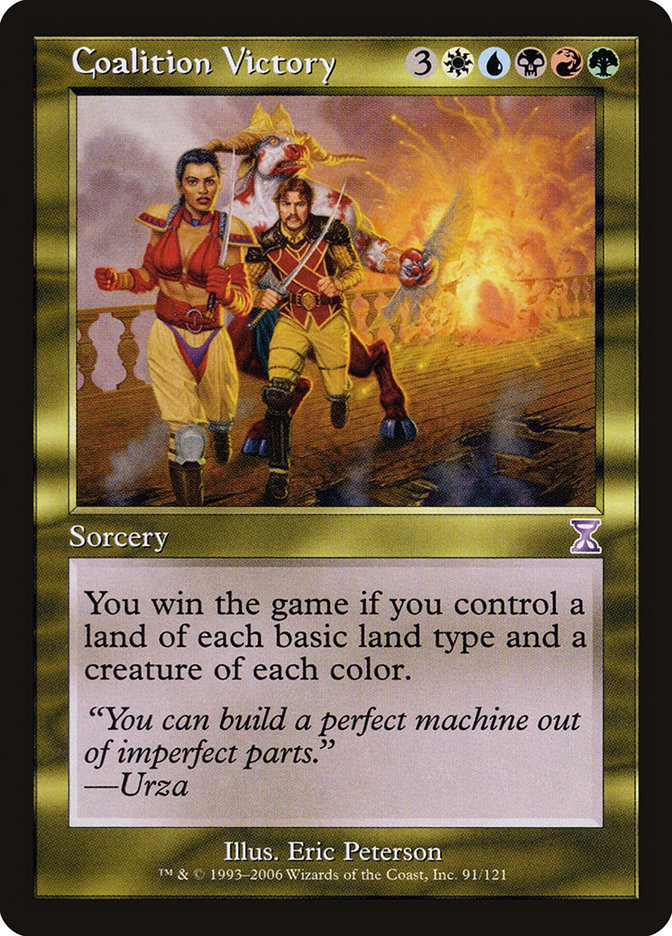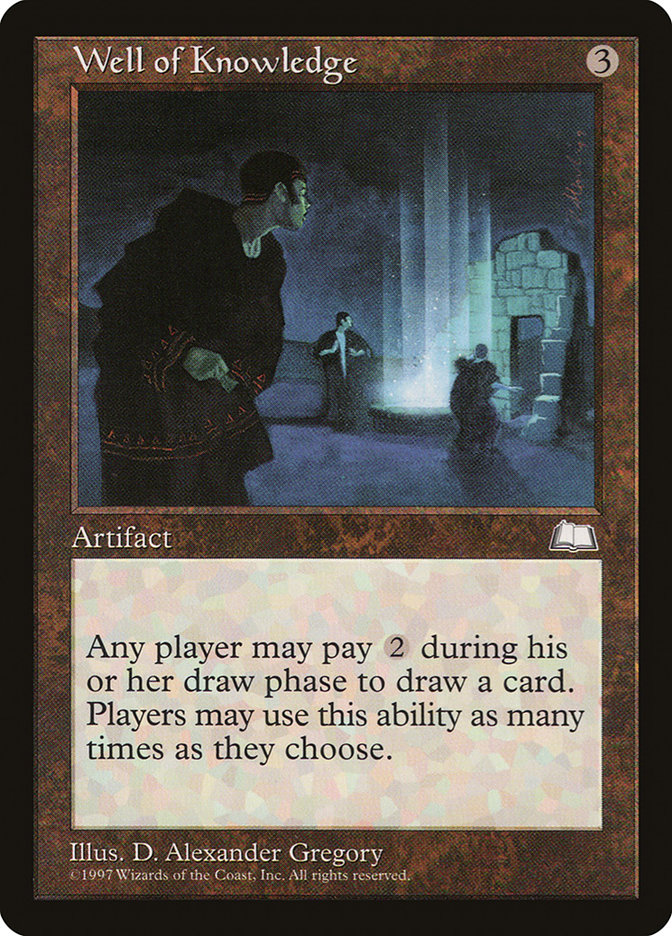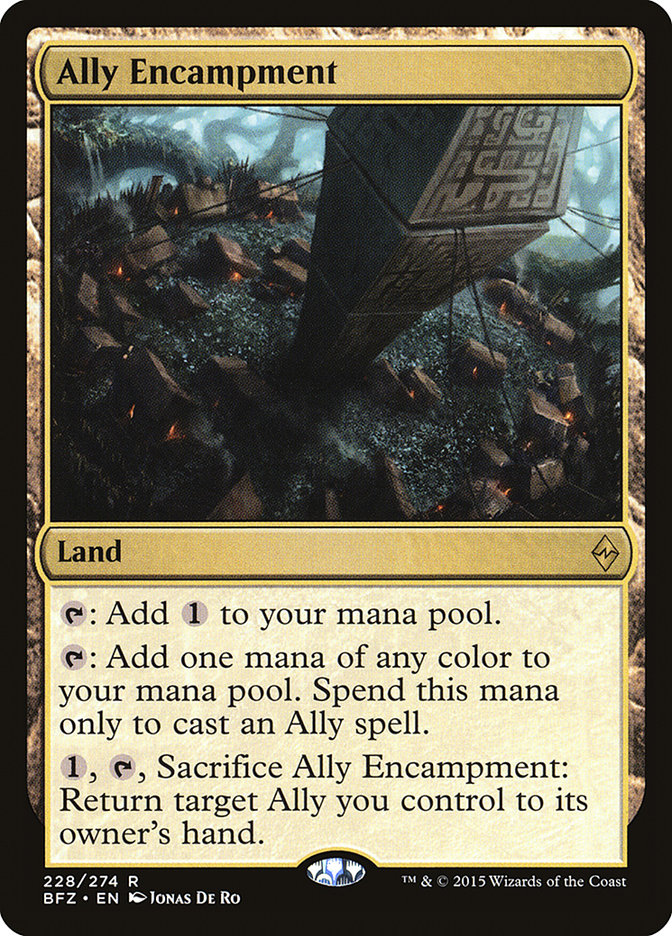This weekend wasn’t just some random, run-of-the-mill tournament, but was instead a statement made by the major teams of the SCG Tour®. #SCGINDY was taken down by Chris VanMeter and his R/W Vehicles deck in Standard, Brad Carpenter piloting Infect to dominate his second Modern tournament in a row at the Classic, and Noah Walker’s brilliant Legacy play with Grixis Delver. In short, if you were a prepared team, you had one hell of a weekend. If you weren’t? Well…things were a little tougher on you.
Creatures (21)
- 4 Thraben Inspector
- 4 Selfless Spirit
- 3 Depala, Pilot Exemplar
- 2 Pia Nalaar
- 4 Toolcraft Exemplar
- 4 Veteran Motorist
Lands (24)
Spells (15)

Creatures (12)
Lands (20)
Spells (28)
- 4 Might of Old Krosa
- 1 Spell Pierce
- 4 Vines of Vastwood
- 2 Distortion Strike
- 1 Twisted Image
- 4 Mutagenic Growth
- 4 Gitaxian Probe
- 1 Dismember
- 4 Become Immense
- 3 Blossoming Defense
Sideboard

Creatures (14)
Lands (18)
Spells (28)

The SCG Tour® is home to a ton of standout players that are capable of winning on any given weekend. Just look at Jeff Hoogland or Todd Stevens, the unofficial Roanoke crew of SCG professionals, or Ali Aintrazi. However, it’s becoming far clearer that there is strength in numbers when it comes to performance, and Magic is now, more than ever, proving that it is a team sport.
Team Nexus brought some serious heat to Indianapolis with a deck we’ve been talking about for the last two weeks. There’s a reason I had to leave Metalwork Colossus out of my article last week when I was discussing my Top 10 cards in Kaladesh, and it’s because I didn’t want to spill the beans on what we expect to be one of the best decks in Standard going forward. Was it the perfect list? Absolutely not, but with Brennan DeCandio doing a ton of work to develop this deck and with our good friend Jadine Klomparens providing extra refinement and awesome tech ideas, it put us in a prime position to succeed.
Creatures (16)
Lands (23)
Spells (21)

While I’d love to talk to you about this deck, Emma Handy has got a wild write up coming for you folks later this week, so if you’d love to learn more about Metalwork Colossus, be sure to check her piece out. Her version and Brennan’s were about fifteen cards off, showing that this deck has a lot of design space and ways to customize it based on your personal preference.
Rather than give you the skinny on playing multiple turn 4 big-bigs, I wanted to offer something different. In the past I’ve done some team-related articles meant to help up-and-coming players develop a broader sense of community by working together with locals in order to elevate their game. Feel free to click that link if you are such a player, because honestly being on a team is one of the most fun aspects of Magic, and the fuel that will always keep the fire burning.
But this isn’t for the new or inexperienced player today, because I think one thing is abundantly clear, and a very distinct takeaway from the latest SCG Tour® stop: teams are the greatest force on the Tour. Being a part of a “super team,” or a group of other excellent players, is something I was lucky enough to experience at a few Pro Tours, but I can honestly say working with Team Nexus has been one of the coolest things I’ve ever done playing Magic. Things like this…they don’t come easy.
So you’ve built a team.
Now let me teach you how to ascend.
You Are No Longer Just Playing a Game
Having a team is easily the most fun thing in Magic, because often times it is the people that ups the ante when it comes to your overall enjoyment. This gives you players to root for, opportunities to get better learning techniques from them or habits, and easier ways to travel. All of that is great.
There are two kinds of teams: the ones that commit to excellence and the ones that want to act like they do. We’re going to talk extensively about the habits that must be formed when it comes to achieving the levels necessary to be considered a competitive team.
One of the first things I had to realize was that I was no longer playing Magic for myself, but instead the greater good of the people I was associating with on a professional level. This means that you are no longer just playing a game; you are a part of something much, much bigger.
Like many things out there, teambuilding exercises are paramount when it comes to increasing the potency of your team. You now have to become involved in exploring players who may be out of your comfort zone that will expand your abilities as a Magic player. For example, Aaron Sorrells is one of the most smart-mouthed people I’ve ever had to deal with in this game. If I had to choose a teammate, 99% of the time I’d never want to be around someone like him. He’s blunt, opinionated, and doesn’t entertain ideas that probably are dead ends. That being said, he’s my favorite member of Team Nexus, and after getting to know him, I think he’s one of the most talented Magicians I’ve ever met. If I didn’t adventure outside of my comfort zone, I’d have missed out on an incredible opportunity.
The Games Matter More
Testing the ideas of your team means investing in decks that you may not be comfortable with, but are designed for giving you the best opportunity to win games of Magic. A “wheelhouse” becomes somewhat obsolete, since decks are designed to combat an expected metagame rather than placate what one specific player is okay with battling with each week. Unless you’re Brad Carpenter. Then just play Infect.
Bringing a deck to the forefront entails each member working on it individually, coming to separate conclusions, and convening on common points. If multiple members of the team came to the same summation, and it reflects positively for the deck, that means it becomes an idea worth exploring with more tenacity. When the idea doesn’t yield the desired outcome, the team will agree that it is probably not worth pursuing and can either be discarded or shelved in favor of other things. Remember, this isn’t about you; it’s the sum of all parts. Relinquishing the notion that your ideas being passed over diminishes your value to the team is also incorrect; it just means you may need to be more focused.
Testing games over and over again is, of course, the heart of understanding a deck and the matchup better. You can’t stop at only exploring cards, but instead need to take stock of the entire sequence of games while recording what has been overperforming and what has been underwhelming. Google Docs and spreadsheets are actually your best friend, because communal files that can be altered by each member of the group will give you continued metrics to study and learn from.
In this phase you can’t just jam five Games 1 and expect to gain a deeper knowledge of the format, because that’s basically the most useless thing you can do. This isn’t just playtesting for fun anymore; in this stage you’re testing with purpose. There is a significant difference between the virtues of playing and training: when I am testing games with teammates or skilled local players acting as proxies, it is with the intent of gaining a deeper understanding of my deck, the matches, and card selections ranging from possibly open slots to sideboarding. When I am playing, the deck I am using has been refined by the team and hopefully has reached a maturation point that will give it the highest level of potency.
Remember, you’re investing in time and effort with the hope that you will receive some sort of return. You can’t get by on half-assing your lessons, and you’ll continuously want to foster an environment that perpetuates not only the growth of your deck, but that of your team.
Putting It All Together
Mutual respect is obviously one of the biggest factors in fostering your competitive team, but also complementing each other’s strong suits can pay out dividends. A team must equal parts brewers, tuners, testers, and researchers in order to achieve maximum potential. An uneven amount of any can throw off the balance of a team, which will kill any potential it may have before it is even able to take off.
It’s not just about being sponsored or wearing matching shirts or jerseys. Honestly, that’s done for distinction and cohesiveness more than anything else. You get chosen because you bring a certain skill set to the table, and you are expected to deliver on that.
Progress after your team’s inception dictates the creation of a routine, and that routine will eventually help all players involved improve. This is how you work out the scientific parts of testing, deck selection, and where you feel the metagame is moving. Nexus partakes in regular Skype calls, testing sessions, watching teammates play, and messaging about where a deck is at in its process. The recovery process is almost the tournament itself, which allows us to reconnect, have dinner and relax, and most of all have fun. This is instrumental in how we plan on maintaining longevity and how, if you decide to partake in this type of undertaking, you will be able to avoid burnout.
To recap and put it all together, you will need to ensure that the players you choose to team with are complementary to each other and do not conflict. From there, electing team captains or people that are capable of allocating roles will provide order and responsibility to that particular area. When it becomes apparent that everyone can work well together, begin discussing what direction you’d like to see your testing decks go in, and exactly what you expect from the format in the immediate future.
You will begin working on these ideas and testing them while recording the date. It must be discussed in an impartial manner, without any form of bias injected, as that deludes the results. If you believe that Deck A is the best deck in the format and five teammates all test it individually and conclude that it is a bad choice, but you allow your own desires to get the best of you as you still argue for it, you’ve compromised the results. When you’ve all finally made your deck choice or choices, begin tuning the lists while openly discussing card choices and preferences.
Register. Don’t audible. Continuously work on sideboarding plans and adapt when something new comes along. Communicate as much as possible with your team, and above all else, work with them while integrating their ideas to become your own.
I know I’m lucky to be a part of a great team, and if you’ve finished reading this far, you might be pretty interested on how to get yourself set up in a similar situation. I’ve found the best way is to grind away and make people notice you, the idea being to make yourself a desirable free agent who could potentially get picked up or be a founding member of your own super team. Whatever your goal is, I wish you plenty of luck.
I’ll be in #GPATL battling Kaladesh Sealed this weekend along with other members of the Nexus. I’m looking forward to good times (battling), good food (Taqueria Del Sol), and most of all my team. After all, that’s what Magic is all about. For me, at least.
Mostly the tacos, though.





